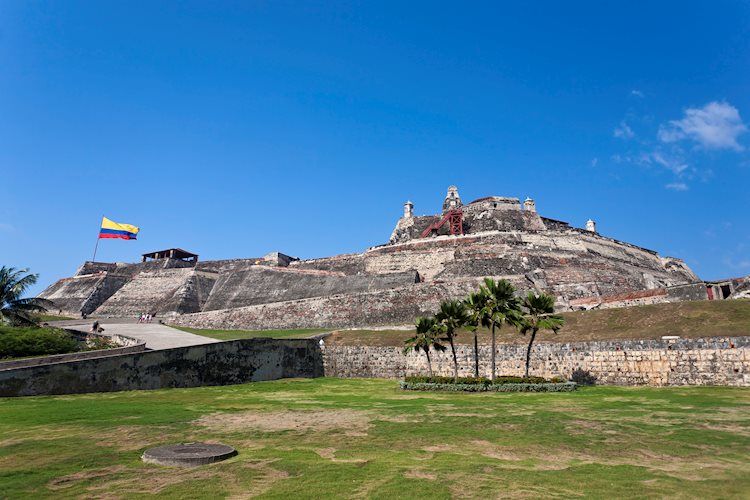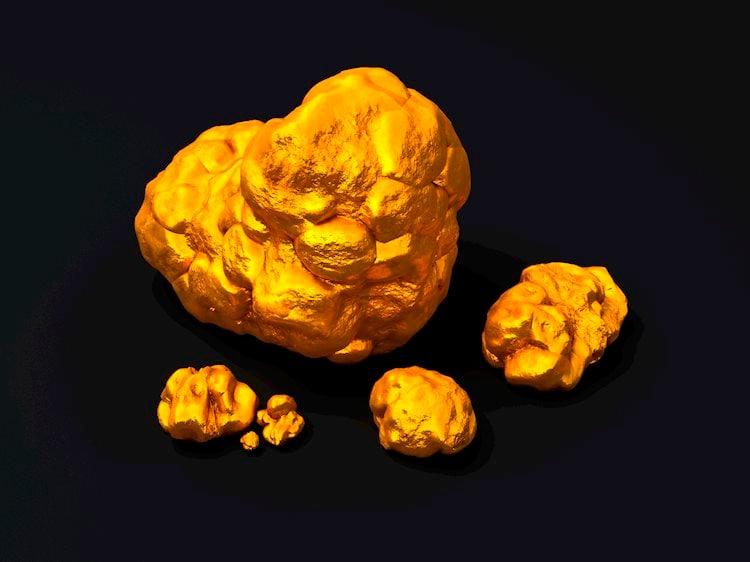Basic care helps prevent Covid-19 and the fluSpecialists heard by the CNN believe that the Ômicron variant should lose strength from the month of February.
According to the president of the Brazilian Society of Infectious Diseases, Alberto Chebabo, the peak of contagion should occur in one to two weeks. “It’s a difficult estimate. But after the peak, it starts to fall. Perhaps, by the end of February, the number of cases will be much lower”, he explained.
The variant was first reported to the World Health Organization (WHO) by South Africa on 24 November last year, and quickly took the world by storm.
A report released a week ago by the WHO showed that the strain is already responsible for nearly 60% of Covid-19 cases sequenced in the last month.
Abroad, transmission curves in countries such as Canada and the United Kingdom, which have vaccine coverage similar to those in Brazil, dropped a month after the arrival of Ômicron.
“The variant behaved very similarly to the other countries: it is a very intense and very rapid increase in the number of cases, it is a very sharp wave. That always worries. We saw that the duration of this curve is close to 30 days”, explained the municipal secretary of Health of Rio de Janeiro, Daniel Soranz, who is a public health doctor.
In Rio de Janeiro, the variant is already responsible for 98.1% of Covid-19 cases. From the end of 2021 onwards, the positivity rate for the disease in the public network of the capital of Rio de Janeiro rose from 0.7% to 51%.
According to data from the prefecture, 2022 already has 64,713 confirmed cases, 238 serious. In addition, 20 people died.
High resolution images show the Ômicron variant
“At the moment we still have the number of cases on an increasing curve. The numbers keep increasing and increasing at almost the same rate as in South Africa, Europe, the United States and Canada. So they are very similar curves, with a slightly lower speed of increase in Rio de Janeiro”, says Soranz.
“We have a replication rate of 4. In these countries, we have seen a replication rate of 6. So we are moving at a slightly lower speed, but with very intense cases”, says the secretary.
To meet the demand, the city of Rio de Janeiro reopened 150 beds for the treatment of patients with Covid. “We have to be prepared to increase testing points, service points and hospital beds because we don’t really know how long this will last”, he explained.
The secretary also revealed a guess from researchers: “for some experts, it ends around the first week of February, but it’s too early to say.”
Infectologist and researcher at the Oswaldo Cruz Foundation (Fiocruz), José Cerbino Neto, agrees that it is too early to say:
“What we have today is data from waves in South Africa and countries in the northern hemisphere, which are a few weeks ahead of us. Their data suggests a duration of five to six weeks, but we’ve had a lot of geographic variation between waves. Brazil has previous infections, vaccination coverage and seasonality very different from these places, which can influence the duration here”, he explained.
According to Cerbino, as we are still on the rise, it is not possible to predict with our data whether the behavior will be the same as that observed abroad.
“I would say that we expect to see a change in trend over the next two weeks, and when that occurs it will be possible to estimate the duration of the wave”, concluded the infectologist.
Basic care helps prevent Covid-19 and the flu
Reference: CNN Brasil






